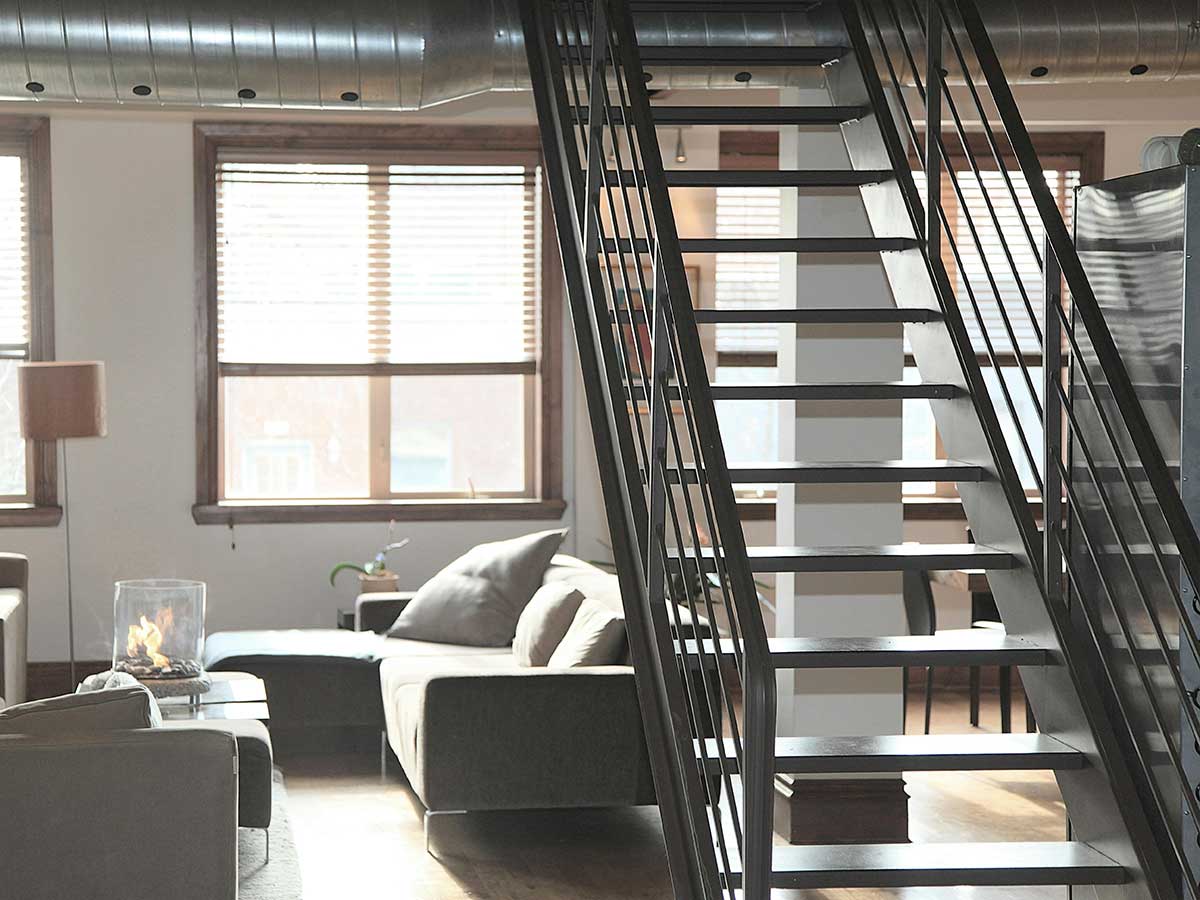
What does „private dwelling” mean under the VAT Directive?
C‑433/22. – HPA – Construções SA | Within the meaning of the VAT Directive, a „private dwelling” refers to a dwelling used as such.
The Portuguese legislature, taking advantage of the possibilities provided by the VAT Directive, applies a reduced 5% VAT rate to construction services related to the renovation of private dwellings.
The plaintiff in this case is a Portuguese construction company that renovated several residential buildings during the examined period upon the orders of corporate clients and invoiced the services at a 5% VAT rate to the taxable customers.
The Portuguese tax authority established that the plaintiff could not apply the reduced VAT rate because, at the time of renovation, although the renovated residential buildings were intended for housing purposes and had occupancy permits, they were not inhabited. The European Court interpreted the provisions of the VAT Directive in the judgment and, concurring with the tax authority, took the position that for the purposes of the reduced tax rate, only a dwelling that is used as a residence during the provision of the service (renovation) can be considered a „private dwelling.”
The Directive also stipulates that the service must be largely provided directly to the final consumers; this is hardly the case when investor companies (who can otherwise deduct VAT) renovate inhabited residential properties. However, the court emphasized that permanent residence is not a requirement, and a periodically inhabited residence also qualifies as a „private dwelling.” The judgment has no relevance in Hungary, as under the Hungarian VAT law, only the sale of new dwellings falls under the reduced VAT rate, where the property must both qualify as new for VAT purposes and meet the definition of „residential property” according to the VAT Act.
Lépjen kapcsolatba szakembereinkkel!
Az alábbi űrlap segítségével feliratkozhat szakmai hírlevelünkre, így folyamatosan értesítjük az adózás, a könyvelés és a bérszámfejtés területén megjelenő újdonságokról.











